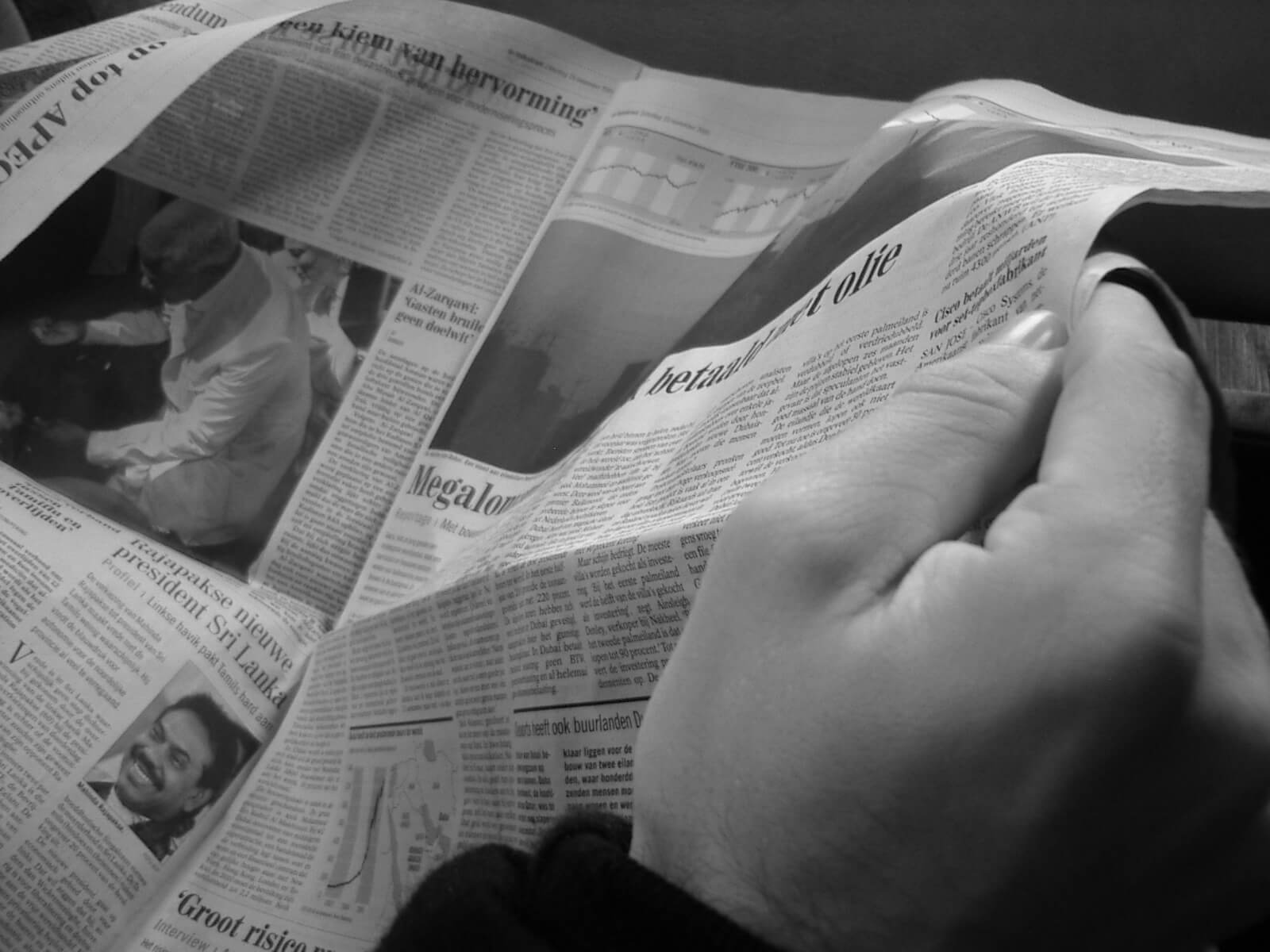The antibiotic crisis in Germany continues as of July 15, 2024. The Federal Institute for Drugs and Medical Devices (BfArM) reports again the shortage of different types of important antibiotics. Active ingredients such as azithromycin, penicillin, and amoxicillin are not expected to be available until the end of 2024. Bottlenecks have been reported for a total of eleven products for penicillin-containing medicines, as well as for amoxicillin-containing tablets and oral suspensions for children.
There are supply issues also with azithromycin-containing medicines (8 products are affected) and for ciprofloxacin-containing medicines, where 9 preparations are identified. Life-saving tetracyclines such as doxycycline are also missing, essential for borrelliosis therapy and sexually transmitted diseases (STDs).
According to the BfArM, in addition to the oral antibiotic preparations shortage, ophthalmic medicines with active ingredients such as gentamicin sulfate and combinations with dexamethasone are also affected.
Source: Antibiotics massively affected by shortages | PHARMACY ADHOC (apotheke-adhoc.de)
Action alliance: Total ineffectiveness of the federal government’s political measures with the medicine shortages
(Update on the antibiotic crisis in Germany)
The Patient Care Action Alliance (the North Rhine Pharmacists’ Association, the North Rhine General Practitioners’ Association, the Association of Medical Professions, and the Free Association of German Dentists) is sounding the alarm about the worsening situation in the German medicine supply. They insist that the Federal government and the Federal Health Minister Karl Lauterbach take the necessary political responsibility for the bottleneck crisis.
The manufacturers themselves need to be held liable for ensuring the regular supplies to the German patients; they owe this to society as a whole. The pharmacists, the doctors, and the dental specialists have invested huge amounts of effort and additional work hours to cope with the shortage situation in the country.
“The supply bottlenecks of medicines are a bitter reality in the daily care of our patients. The ongoing appeasements from the Federal Ministry of Health and also from the Federal Minister of Health Karl Lauterbach show for themselves how far removed from the reality of care health policy is being pursued there,” criticizes the alliance.
Lauterbach’s statement in the “Bild” newspaper that the supply bottlenecks had halved compared to the previous year does not correspond to the facts. Everyone involved in the care process knows this, and patients experience it millions of times every day. Only the Federal Minister of Health denies this. This is irresponsible and a slap in the face for the affected patients and the medical professions of doctors and pharmacists,” the action alliance clarifies.
Source: Action alliance: Lauterbach denies emergency situation (pharmazeutische-zeitung.de)
Minister Karl Lauterbach, before “Bild”: “No shortage of supplies” amongst the antibiotic crisis in Germany
The difficult situation with the medicine shortages continues to bother healthcare professionals, pharmacists, patients, and the German society as a whole. Different organizations like The Patient Care Action Alliance, Hessian Pharmacists’ Association, and Federal Union of German Associations of
Pharmacists regularly draw attention to the growing list of bottlenecks for many important medicines like antibiotics, asthma preparations, insulin, cancer drugs, etc. The Supply Bottleneck Act (ALBVVG), which came into force in the summer of last year, was actually intended to counteract the shortage. But the law does not work, as critics from the above-mentioned camps attest.
The Federal Ministry of Health commented in the newspaper “Bild” that there is “no shortage of supplies” in Germany, but only “selective supply bottlenecks in a very complex market”. However, patients would “almost always” have access to alternatives with the same active ingredient. Karl Lauterbach himself took the opportunity to emphasize to the newspaper that the ALBVVG was “overdue” because it had “already halved” the supply bottlenecks compared to the previous year, “Bild” quotes the minister.
The achievements Minister Lauterbach announced surprised the main participants in the healthcare industry because, actually, the trend is that the number of missing medicines grows.
Disclaimer:
As a service to our readers, MVS Pharma GmbH publishing provides access to our archived content library in our blog. Please note the date of the last review or update on all articles. No content on this site should ever be used as a substitute for direct medical advice from your doctor or other qualified clinician.
MVS Pharma GmbH will soon be launching the MVS Omega-3 medical-grade supplement onto the European market, which has been developed for the highest quality standards in terms of oxidation avoidance and, therefore greatest bioavailability. In addition, in vitro studies are currently underway at the University of Ulm, in which Professor Dr. Rüdiger Groß tested a patented mouth and nose spray (Virudol) that can eliminate various flu viruses based on natural substances.
In addition, MVS has a wholesale license and has specialized in sourcing much-needed medicines such as Amoxicillin, Salbutamol, etc. from India through its local branch with a focus on local quality and safety testing, compliance with international GMP regulations and the highest quality level of user security (examples of local language brochures, identical units of measurement, batch control and full tracking, etc.).


